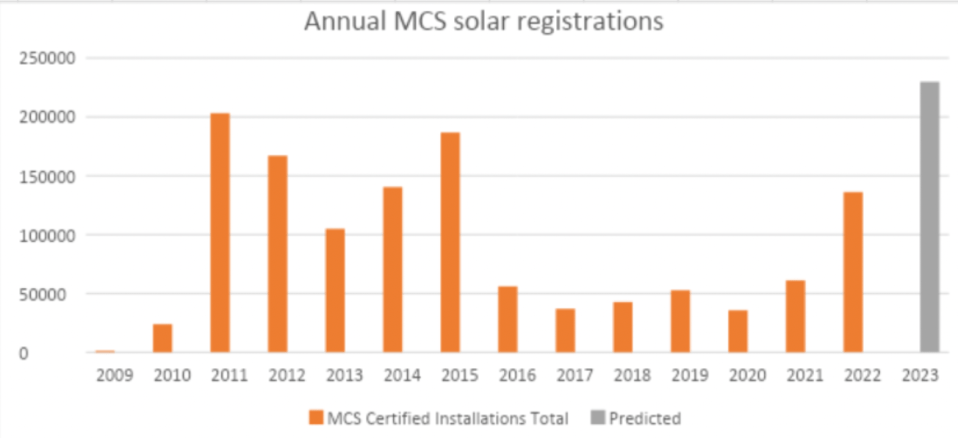Royal Navy Commemorates 80th Anniversary of Battle of the Atlantic

This week, the Royal Navy and the city of Liverpool commemmorated the heroes of the Battle of the Atlantic, the effort to keep Allied shipping moving from the U.S. to Britain during World War II. German submarines hunted American and British convoys until 1943, when - facing terrible losses - they drastically scaled back their attacks.
Eighty years to the week that the German Navy pulled back after suffering heavy casualties to Allied naval and air forces, the Royal Navy unveiled a monument to those who lost their lives in the effort to keep war materiel moving by sea - a monument for those who died at sea, and those who survived as well.
“We must never forget the sacrifice of the merchant ships,” said John Dennett, a veteran of the Battle of the Atlantic who served as an anti-aircraft gunner. “They are the heart of Liverpool. Speak to anyone in the area and there will be someone in their family who was once a merchant seaman. It is only right that we should never forget them and I’m glad that Liverpool has been the first to acknowledge it.”
Liverpool also served as the headquarters of the Western Approaches Command – from where the struggle to defeat the U-boat was conducted - and the city hosted the historic commemoration. Princess Anne dedicated a new monument in the courtyard of Our Lady and St Nicholas’ Parish Church in Liverpool, followed by a flyby of vintage WWII aircraft. The Royal Navy warships HMS Defender and Biter, cadets and veterans groups are taking part in events, alongside sailors from the French destroyer Bretagne and US warship USS Ramage. As times have changed, German sailors were also represented in the event.
“In Germany, as you can imagine, this is a period in our history which we are not proud of,” Captain Wolfgang Heuer, the German Naval Attaché in London. “But it is an honour to be here not just as an act of commemoration, but also reconciliation.”
The final day of 80th anniversary commemorations focused on remembrance, beginning with the dedication of a memorial to 400 Polish sailors who never returned home. They served in the Atlantic on warships – such as the destroyer Blyskawica and the submarine Orzel – as well as aboard merchant vessels.
The battle claimed thousands of lives. From 1939 to 1945, 3,500 Allied merchant ships and 175 Allied warships were sunk, and 72,200 Allied naval and merchant seamen lost their lives. This was the baptism by fire of the U.S. merchant marine, which had a higher rate of casualties than any of the branches of the U.S. armed forces during WWII. Germany lost more than 700 U-boats and about 30,000 sailors.










